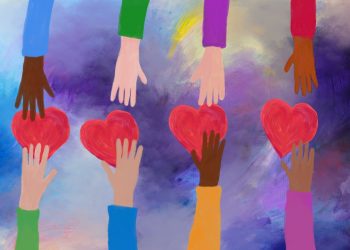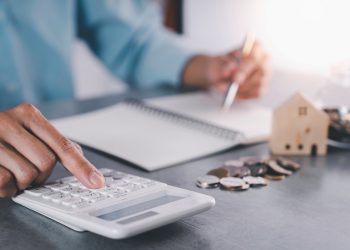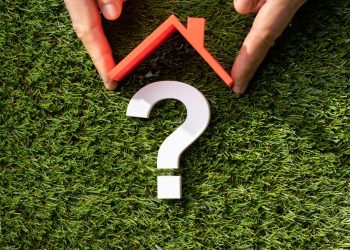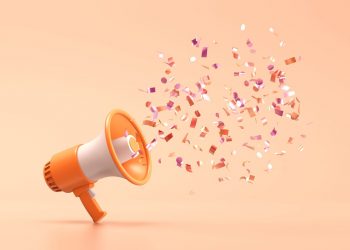 RISMEDIA, Nov. 8, 2007-(About.com)-Napping can be a great way to catch up on sleep, increase productivity and become more creative. Napping puts the body in a relaxed state, which counteracts the effects of daily stress. Studies have shown that napping can actually decrease risk your of dying from heart disease.
RISMEDIA, Nov. 8, 2007-(About.com)-Napping can be a great way to catch up on sleep, increase productivity and become more creative. Napping puts the body in a relaxed state, which counteracts the effects of daily stress. Studies have shown that napping can actually decrease risk your of dying from heart disease.
How Naps Work
Sleep comes in five stages. If your nap takes you from stage 1 sleep (just drifting off) to stage 2 (brain activity slows), you will wake up feeling energized and more alert. If your nap takes you into stages 3 and 4 (deep sleep), you will not wake easily and will feel groggy and tired. Sleep stage 1 typically lasts about 10 minutes and stage 2 lasts another 10 minutes. That makes the 20-minute nap ideal for most people (your time will vary to some degree, experiment to learn what works best).
How to Nap Effectively
There is some controversy in the best way to take a nap.
It may be that different people have different nap styles. You can experiment with some of the napping techniques below and see what works for you. The best nap is the one in which you fall asleep quickly and stay asleep for the shortest amount of time, while still waking refreshed. Napping too long may actually leave you feeling more tired. Read more about napping techniques below:
Nap Time: Prime nap time is from 1:00 p.m. to 3:00 p.m., when your energy level dips due to a rise in the hormone melatonin at that time of day.
Darkness: Use a face mask or eye pillow to provide daytime darkness and make your nap more effective.
Not Too Late: Napping within three hours of bedtime may interfere with nighttime sleep.
Quiet Place: Assure that you will not be disturbed for the duration of your nap.
30-Minute Maximum: When taking a nap longer than 30 minutes, you run the risk of heading into deep sleep, which will leave you feeling tired and groggy. Naps as short as 1 to 2 minutes could be effective for some people.
Set an Alarm: You will eventually train yourself to nap for the amount of time you set aside. Until then, set an alarm or ask someone to wake you up.
The Caffeine Nap: Some people claim that drinking coffee and then taking an immediate nap works well. The caffeine kicks in somewhere between 10 and 20 minutes, waking them up. They feel extra energy from both the nap and the coffee. Researchers in Japan found that subjects using a caffeine nap rated highest in decreased sleepiness and increased productivity when compared to subjects taking a nap and washing their face, or taking a nap and being exposed to bright lights.
Source: About.com.










